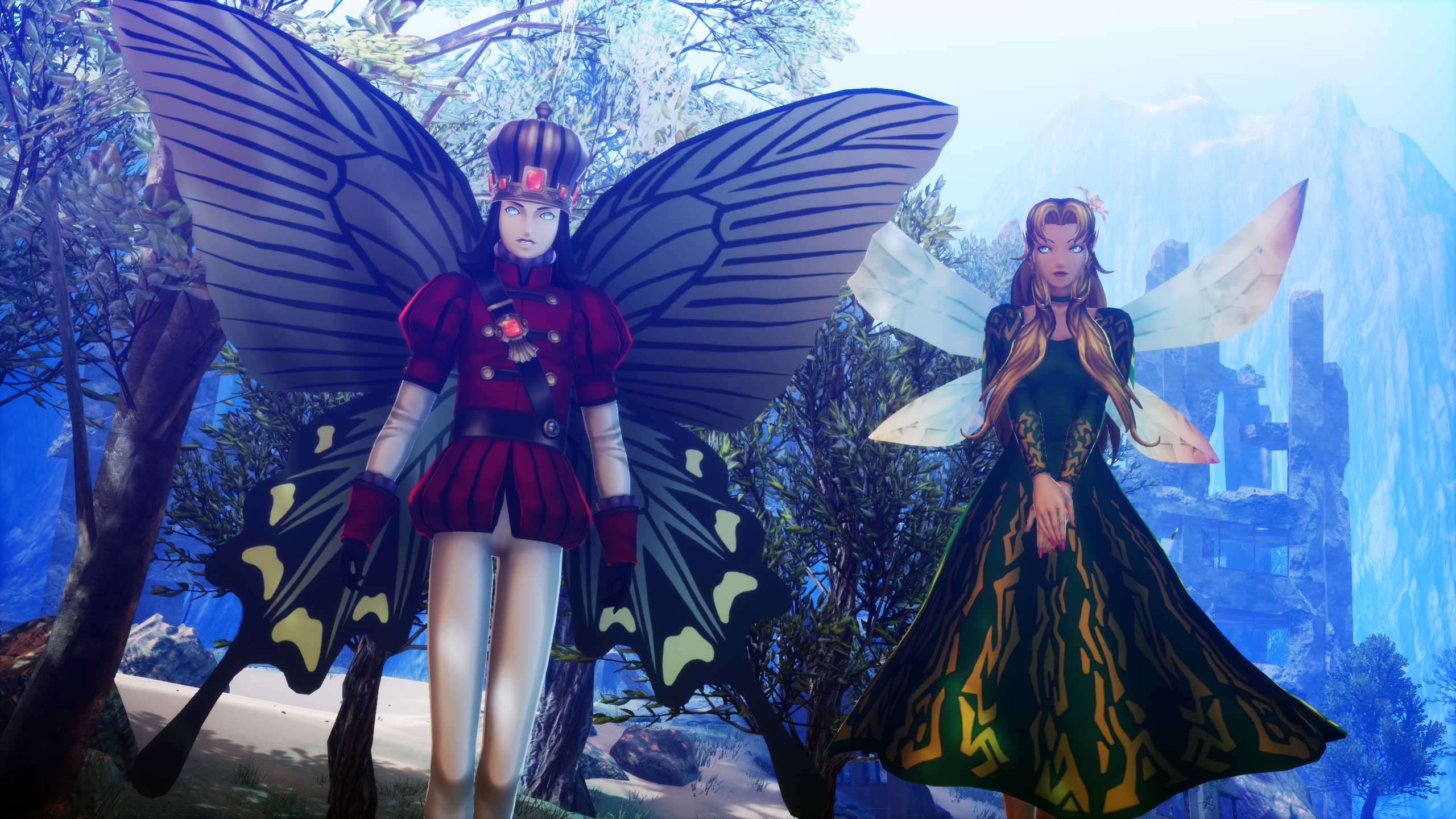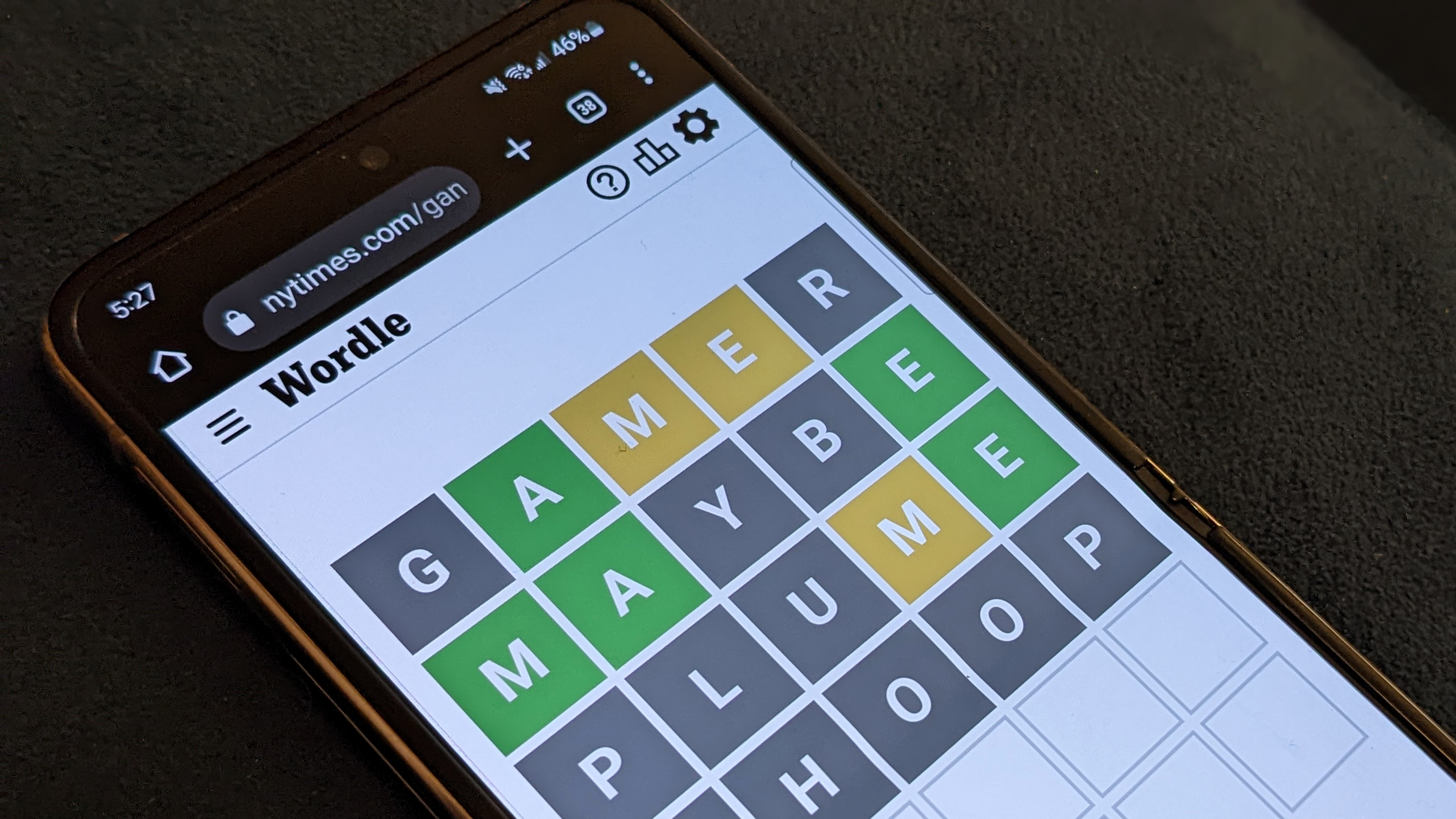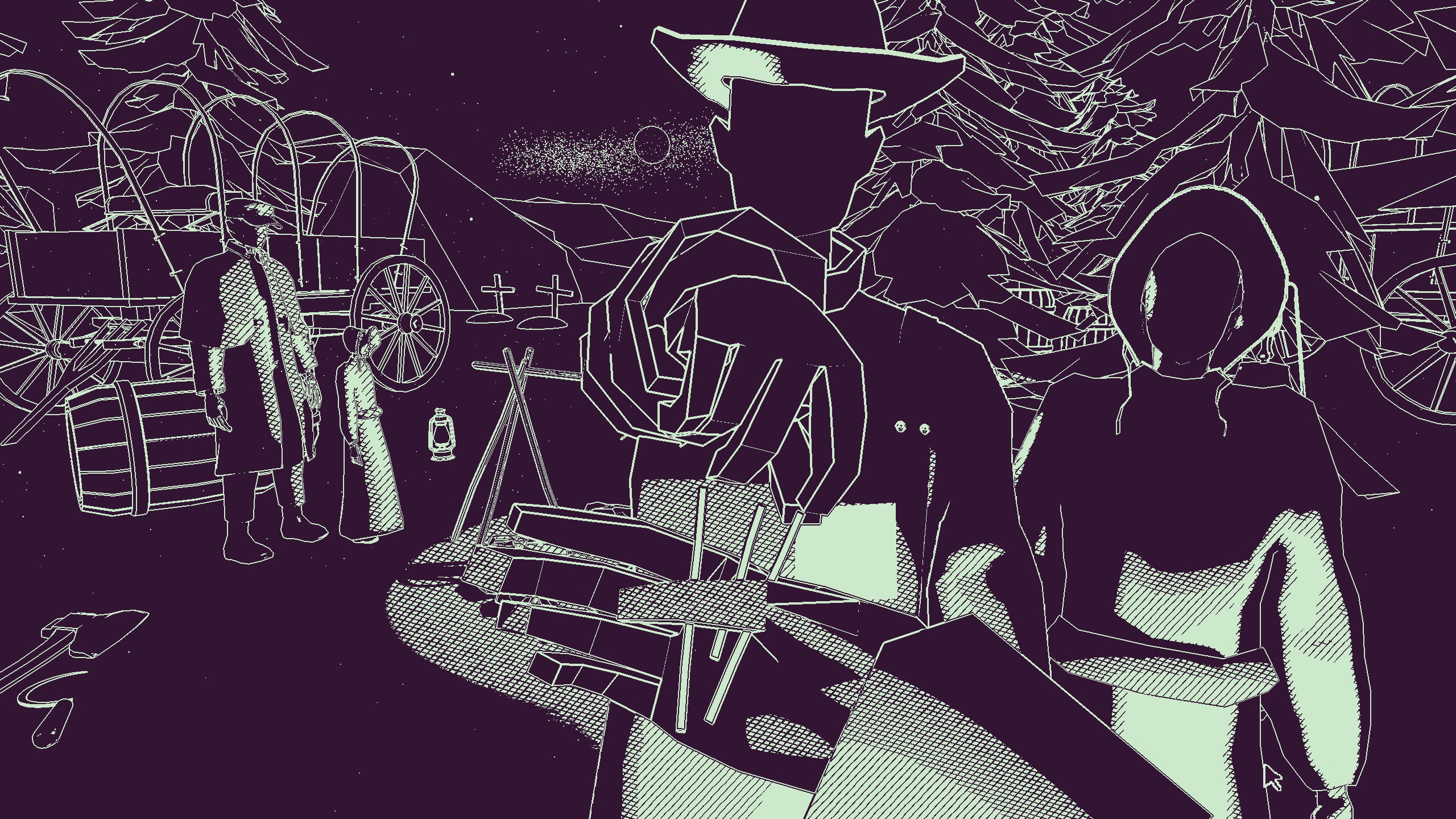
A garden of diabolical delights make this port feel brand new.
What is it? A fantastic port of one of this generation’s best RPGs, stuffed with a game’s worth of extras
Release date June 14, 2024
Expect to pay $59.99/£54.99
Developer Atlus
Publisher Sega
Reviewed on Intel i9-13900HX, GeForce RTX 4080 (laptop), 16GB RAM
Steam Deck Verified
Link Official site
“gOD, yoU’Re SO ANnoYiNg! JUst sHUt uP ANd LiSTeN! IT’S poP qUiZ tIME!”
I only asked the giant mothman if he wanted to join my team, so I’m not sure I deserved to get an insult-laden lead up to a quick demon recognition test in response. Still, it’s better than that time an angry magic horse told me to dig my own grave, or all the instances I’ve been laughed at, called an idiot, or had some sneaky spirit demand I hand over all my health, magic, or (sometimes and) money only to dash off after they’ve drained me dry.
Negotiating with demons in Shin Megami Tensei 5: Vengeance is as dangerous, unpredictable, and hilarious as it’s ever been in the 32 years of the series’ existence, and like much in this latest entry will feel very familiar to fans of Atlus’ longrunning apocalyptic RPG. Tokyo is once again the place where sassy mythological beings and neon-lined sci-fi meet, where programming and prayers have equal power.
(Image credit: Sega)
And as is now expected of a series that tends to treat reality-warping catastrophes and fights with every god and demon around as just another Tuesday, Vengeance begins with an enticing mix of everyday life, ethereal mysticism, vague warnings of impending doom—and then throws in a brand new choice, just to make sure I don’t get too comfortable. A single new interactive scene has been seamlessly slotted into SMT5’s original opening, a simple decision determining whether the story afterwards plays out in exactly the same way it did on the Nintendo Switch back in 2021 (now dubbed the Creation story) or whether it follows the new Vengeance route.
This new path swiftly unfurls into a fascinating string of significant changes containing everything from exclusive major characters, new enemies, and shocking plot twists to very different takes on old events. Even if you’ve already cleared the old SMT5 in every way possible, Vengeance still has an entire game’s worth of surprises ready to go.
Demon hunter school
And getting to see them isn’t as difficult as the series’ intimidating reputation might make it sound, either. Appropriately enough for a game whose central themes are freedom, choice, and knowledge, Vengeance is eager to give me the tools I need to forge my own path through the trials ahead. Noteworthy features are explained clearly in concise popups as they arise, thoughtfully covering the entire spectrum of potential issues from battle system intricacies to “What the heck is a main quest?”, ensuring nobody gets left behind.
(Image credit: Sega)
The objective-smothered maps make it clear where the next main objective is, as well as dozens of alternative ways to spend my evenings, and roughly what I can get out of them if I do make the trip. Do I want to challenge some really tough bosses? Finally hand in the items that side quest I picked up hours ago wanted me to gather? Work my way over to some treasure squirrelled away in a corner I missed the last time I was here? Whatever I feel like doing, Vengeance makes it easy to get it done, with the ability to quickly warp back to and then between any leyline fount (multipurpose recovery/shop/fusion points found just about everywhere) turning region-spanning journeys into quick detours.
Knowing where I am and where I’m going doesn’t help me avoid the fights along the way though, and there’s a lot to learn right from the start. Even the most basic enemies come with multiple resistances and weaknesses as standard, and then there are all those status effects, weird items, and moon phases to worry about on top. Between those and unhelpfully impenetrable spell names like “Masukukaja” it’d be easy to give up on the whole thing in an element-induced rage.
It doesn’t happen though, because Vengeance tries its best to make everything as clear as possible, even when I’m facing hordes of monsters lifted from every folk tale ever told. The UI breaks down everything, revealing enemy weaknesses, explaining the effects of skills and spells, showing who they’ve been applied to, and indicating if they’ve stacked with a buff or debuff. Getting all of my demonic ducks in a row is a relatively painless process.
(Image credit: Sega)
And it’s vital I get the hang of all this quickly because unless I’m drastically overleveled there’s a real chance some random group of nobodies could wipe out my entire party. I’m always one careless decision away from a trip back to the title screen, one lazy assumption that healing can wait standing between me and my entire team getting burned to ash.
As unforgiving as Vengeance is of any slip-up, it always feels fair because the game can’t do anything to me that I can’t do to it. The series’ now signature Press Turn system offers huge rewards for making even the mildest effort to engage with it, with every critical hit and exploited enemy weakness giving my team more turns in a row, and that means even more opportunities to pile on the pain—or recover from it.
Bullying bosses
And with so many deadly skills to learn and demons to fuse together into new and increasingly outlandish abominations, I’m encouraged to get creative about combat too. If I can’t overpower a boss, then why don’t I try weakening it instead? Why not boost my party’s evasion, forcing its attacks to miss and its upcoming damage-dealing turns to disappear in the process? Why not use an item that completely blocks its favourite elemental attack just before it has a chance to unleash anything? The strategic possibilities here are endless, and before long I’m leaving bosses begging for a turn of their own, after which they’ll probably just hit someone on their own team.
(Image credit: Sega)
Most of the time, anyway. Some days I’m too tired, or too busy, or just too excited to see where the story goes to want to spend my free time carefully constructing the sort of teams and tactics able to topple gods and send demons scuttling back to the netherworld. So it’s a good thing Vengeance is happy to help, once more. Thanks to its easy-going approach to difficulty settings it can keep the story going for everyone, from dedicated demon hunters to first-timers.
Three options are available by default—Casual, Normal, and Hard—and the first two can be switched between at will at any time outside of battle, with the only penalty being to my pride (Hard players can also switch down to either, but can’t go back up). So if there’s one fight that just isn’t working out the way I hoped it would, I know there’s always a way to tip the scales in my favour that doesn’t involve rushing off to copy someone else’s SMT homework or hours of mindless grinding, and I also know that once I’ve found my feet/confidence/brain again I can go back to Normal and carry on as before.
(Image credit: Sega)
Or I can just keep trying instead. Vengeance’s new save anywhere feature gives my more daring attempts to win a welcome safety net. Why not try out some weird demon build or risk some strange negotiation option that’s never come up before when I only have to worry about losing a few minutes worth of progress at most? Maybe my attempt will end in a quick and embarrassing death, maybe it’ll end with me laughing out loud as a talking animal-monster with a bad attitude insists I’d be better off throwing my brain away, but whatever happens at least I have the opportunity to experiment.
Vengeance is an easy game to like. It’s an epic adventure packed full of surprises, with enough bite and strategic depth for the oldest of old hands, and more than enough assistance to help newcomers feel right at home. No series does the whole ‘taking on god’ thing as perfectly as Shin Megami Tensei, and seeing every deity and spirit imaginable wandering around Tokyo, right next to schools, trains, and vending machines will always be an incredible sight. On PC the game’s sharp-edged style shines, the otherworldly monster designs really coming into their own at high resolutions. It always runs smoothly even when the screen’s packed with detail too, and the game’s relatively humble Switch beginnings make it a comfortable—and good looking—fit on a wide range of hardware. This is an essential RPG.






